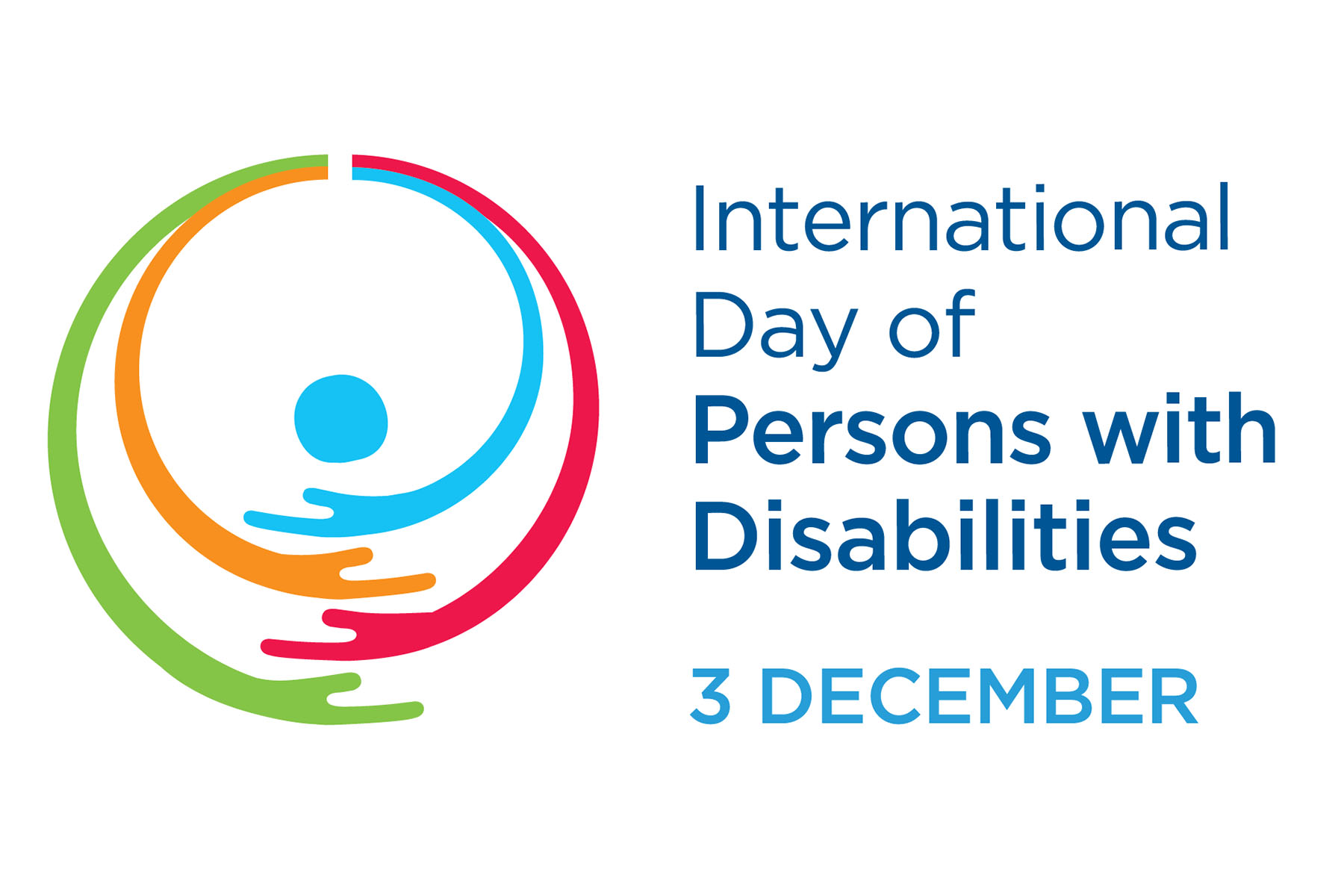International Day of Persons with Disabilities: Education is falling behind on inclusion and support of persons with disabilities
Published:
3 December is the International Day of Persons with Disabilities, which aims to increase public awareness, understanding and acceptance of people with disabilities and celebrate their achievements and contributions. This year’s theme “Promoting the participation of persons with disabilities and their leadership: taking action on the 2030 Development Agenda” is all about empowerment.
Education trade unions are committed to the professional development and support of education personnel so that they can deliver inclusive education and address the needs of students with disabilities.
Education and training is one of the worst performing areas in the European Disability Strategy 2010-2020. That is what the European Commission revealed on 28 November, European Day of Persons with Disabilities (EDPD). With just months to go before the strategy’s expiration date, only 36% of the goals related to education and training have been met. These disappointing results put education and training in the spotlight at the European Day of Persons with Disabilities Conference organised by the European Commission and the European Disability Forum.
?On the European Day of Persons with Disabilities, we're so disappointed that Education & Training is the worst-performing part of the European Disability Strategy. #Edpd2019
— ETUCE European Trade Union Committee for Education (@ETUCE_CSEE) November 28, 2019
?Education trade unions want inclusive education for ALL.
Our position➡️https://t.co/eiBteiMULc pic.twitter.com/RcmjJMkdMf
This conference was an opportunity to see the preliminary findings of the European Commission's public consultation on the implementation of the European Disability Strategy 2010-2020 and discuss in more depth what is expected from the EU on disability issues in the next decade. In our Statement on this public consultation, ETUCE highlighted the crucial need for consistent funding to implement each point of the strategy. We also called for effective social dialogue on how to include children and students with special needs in education and how to build inclusive education systems. Together with EI, ETUCE demands that governments ensure that all children and youth with disabilities are fully included in the education system and taught by highly qualified and supported teachers .
Education trade unions want all students to flourish so they discuss innovative teaching methods adapted for children with special educational needs and ways to address disability pay gaps. For example, FSLI in Romania has organised a teacher training Congress "Challenges and opportunities for the education system on the adaptation of children with special educational needs in Romanian schools". Trade unions across Europe are also planning actions to commemorate the International Day of Persons with Disabilities. These include the Day of Action for Disability Equality in the UK and the "School for the Education and Rehabilitation of Persons with Disabilities in Psycho-Physical Development" organised by the Independent Trade Union of Primary Schools Education of the Federation of Bosnia and Herzegovina. In Ireland, a new Reasonable Accommodation Passport is launched today, in order to make working life better and fairer for people with disabilities. Education trade unions are also making inclusion and accessibility part of their own practice. ESTUS from Slovenia even provided a sign language interpreter for their deaf members during their last rally.
ETUCE European Director Susan Flocken commented that "Education is a fundamental human right and should be accessible to everyone regardless of their abilities and educational needs. Let’s not forget that states have an obligation to remove legal, physical and organisational barriers that could prevent people with disabilities accessing education and lifelong learning. Of course this includes adequate adaptation of school infrastructure, curricula and teaching methods, but it also means supporting teachers and schools so they can deliver truly inclusive education for all."